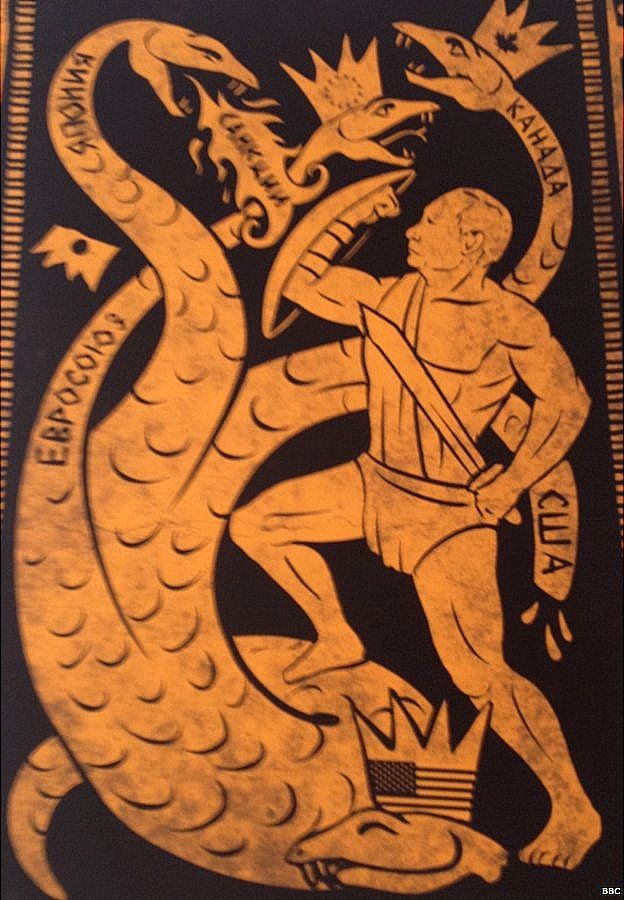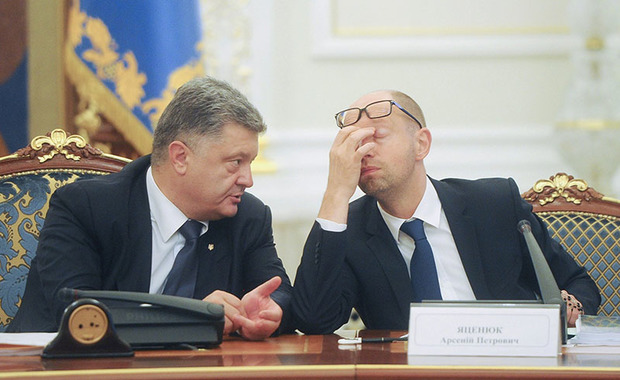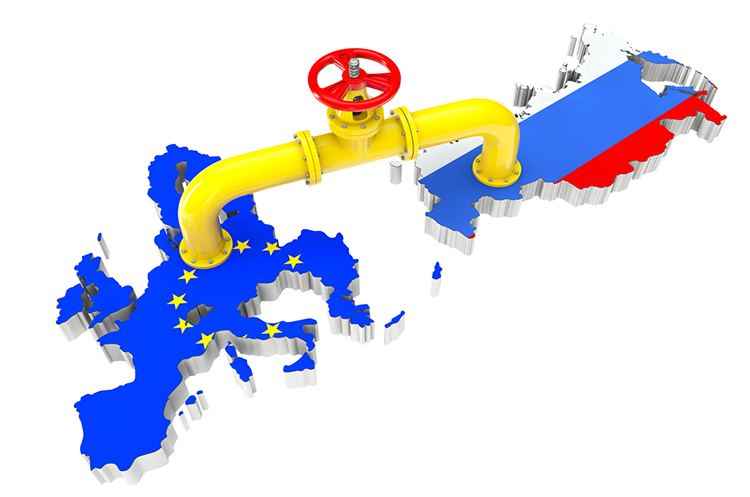The decision of the EU to continue but not increase sanctions against Russia represents the current “European consensus” of how to respond to Moscow’s aggressive actions, Vitaly Portnikov says. That is because the countries of the continent are sharply divided about the Russian threat.
Within the EU, the Ukrainian commentator says, “there is a group of countries which are certain that it is necessary to respond to each act of aggression by Moscow with new sanctions, to raise the level of reaction, and to show Putin that he will not remain unpunished.”
“But the position of these countries has been weakened by the process of the withdrawal of Great Britain from the EU and the conflict of Poland with the European Commission, the Baltic countries themselves can do only so much,” Portnikov continues.
At the same time, there are other countries which “very much would like to end sanctions against the Putin regime.” Their position has been significantly strengthened after the formation of the new government in Italy, among whose members are “open supporters of Putin.” The appearance of this government has led to calls for a full-scale discussion of sanctions policy.
Between these two poles, Portnikov says, are countries which don’t want to expand or eliminate sanctions but rather consider it “necessary to maintain the status quo.” They don’t want to appear either pushovers for the Kremlin or too hard line for their own populations and business communities.
The leaders of this group are Germany and France who want to avoid any escalation of tensions but don’t want to look weak and who will do what they can to restart talks they hope will end the crisis.
Ukraine, of course, would like the EU to take a tougher line “but Russia would like more, the lifting of sanctions with the help of its supporters in the EU.” However, “objective reality” suggests that Europe will impose even harsher sanctions in the future as it becomes obvious that Russia isn’t going to respond in a positive way anytime soon.
That is because Moscow views the continuation of the current level of sanctions as a hostile act and therefore is unlikely to see any reason to change course. Russia thus almost certainly will “force the Europeans to react more harshly even if they do not want to do so,” Portnikov concludes.
Further Reading:
- EU Parliament calls to stop NordStream2, impose sanctions if Russia doesn’t release captured sailors
- EU Council sanctions nine persons for sham “LDNR elections”: who they are
- Sanctions against Russia don’t damage the EU. But Italy, Hungary, and Austria might try to get them scrapped
- Britain urged towards Magnitsky-style sanctions against torturers of Ukrainian political prisoners of the Kremlin
- Moscow sanctions Ukrainian parliamentarian who called for defense of rights of Middle Volga nations
- Russia loses battle for PACE: resolution allowing sanctions to be lifted fails vote








